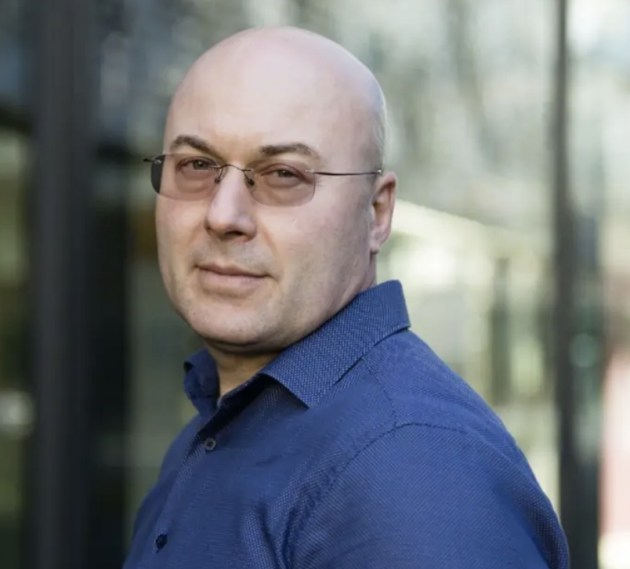Hellmann’s has introduced a redesigned squeeze bottle for its plant-based mayonnaise in the UK and Ireland, aimed at improving usability and reducing food and packaging waste.
The new packaging features ‘easy out’ technology, and an edible, vegan coating on the inside of the bottle, which helps the mayo glide out without sticking.
Krassimir Velikov, senior science and program leader for Science & Technology at Hellmann’s, explained the necessity of the innovation.
“We know consumers want to be able to squeeze out as much product as possible – it’s an important cost and value benefit,” he said.

"The plant-based ingredients in the mayo presented specific challenges, making the product more prone to sticking.
“Correcting this issue involved creating an edible, vegan coating that would prevent this sticking problem by making the inside of the bottle more slippery."
The new technology is designed to minimise the amount of mayo left in the bottle, addressing a common consumer concern about food waste.
“This technology ensures that significantly less mayo remains in the bottle – it’s a substantial step forward in reducing food and packaging waste,” Velikov added.
Vasudevan Lakshminarayan, R&D manager for Dressings, highlighted another advantage of the new bottles.
“By keeping leftover mayo to a minimum, the technology helps keep our bottles in the recycling process. If they exceed the maximum weight threshold needed, they will be rejected for recycling. By helping consumers to leave less mayo in the bottles, we in effect help them recycle more successfully,” Lakshminarayan explained.
Hellmann’s plant-based products have seen growth over the last four years, with the market for plant-based foods expected to double by 2030. The new squeeze bottle technology is expected to support this growth by enhancing consumer satisfaction and encouraging repeat purchases.
The new low-waste bottles will be available in the UK and Ireland in 2024, with plans to introduce them across the rest of Europe later. This launch is part of Hellmann’s ongoing efforts to promote sustainability and reduce food waste.






